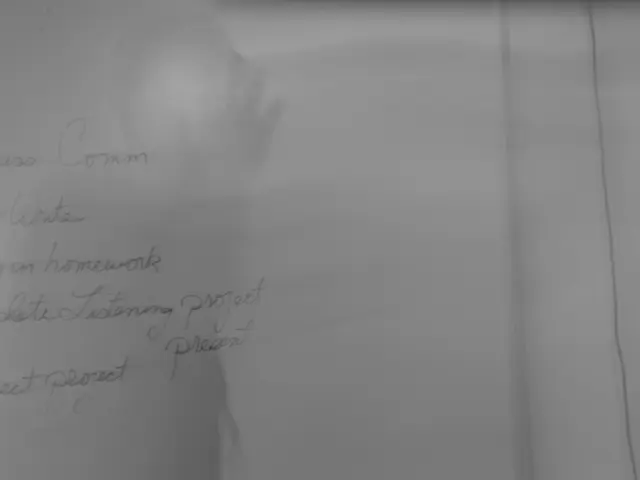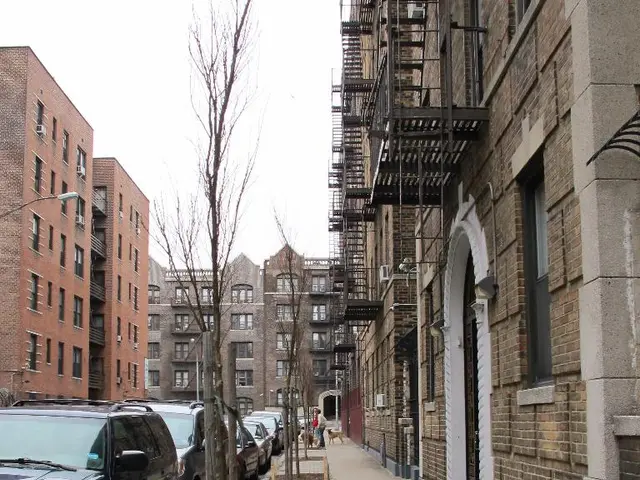Multiple criminal cases ending in fines have been dropped. - Multitudes of Cases Involving Penalties for Criminal Offenses
In a recent report by the Ministry of Justice in Potsdam, it was revealed that a total of 6,436 cases were dropped in the German state of Brandenburg in 2024. This represents an increase of 659 cases and nearly 409,000 euros compared to the previous year.
The cases dropped encompassed a variety of offenses. Four cases against doctors under the Healers' Act were dropped, along with 11 cases involving environmental crimes. The most common cases dropped involved traffic offenses, with a total of 3,606 cases.
The increase in cases dropped and the amount of money involved in Brandenburg from the previous year was not solely due to an increase in serious offenses. In fact, around 554 cases of property and financial crimes were dropped, signifying a lenient approach towards minor offenses.
The financial contributions from these dropped cases were not merely a loss for the state treasury. Instead, they were redirected to charitable organizations, enhancing social justice. Last year, about 1.88 million euros were given to charitable organizations, an increase from around 1.82 million euros the year before.
One such recipient was Opferperspektive Brandenburg, which received a payment of over 94,100 euros in exchange for dropped cases. The exact figures and names of charitable recipients, however, are not commonly published at a granular level, requiring access to Brandenburg's Ministry of Justice or Public Prosecutor's Office reports or local government transparency documents.
This lenient approach towards minor offenses is part of a legal mechanism called a "diversion" ("Absehen von der Verfolgung"), where minor offenses can be settled by paying a fine or making a charitable contribution instead of prosecuting the case fully. This aims to reduce court workload and offer offenders an opportunity for corrective action without formal prosecution.
In conclusion, while the specific data requested—case numbers, amounts collected, and charity details for fines in exchange for dropped cases in Brandenburg—is not found in the search results and would require targeted official sources or government inquiries, the trend towards leniency and charitable contributions is clear. The impact of this policy generally tends to be a reduction in minor case prosecutions, financial contributions redirected to charity or victim compensation funds, and the amount collected varying significantly depending on the type and number of cases.
The lenient approach towards minor offenses, as part of the "diversion" policy, involves the settlement of cases by paying fines or making charitable contributions, ultimately redirecting financial contributions to charitable organizations, thereby enhancing social justice. This policy aligns with the community policy and employment policy, as it aims to reduce court workload and offer offenders an opportunity for corrective action without formal prosecution.
In the field of general-news and crime-and-justice, the finance contributed from dropped cases is not solely a loss for the state treasury but rather a crucial aspect of the employment policy, as it plays a role in supporting charitable organizations, thereby contributing to the broader societal wellbeing.




